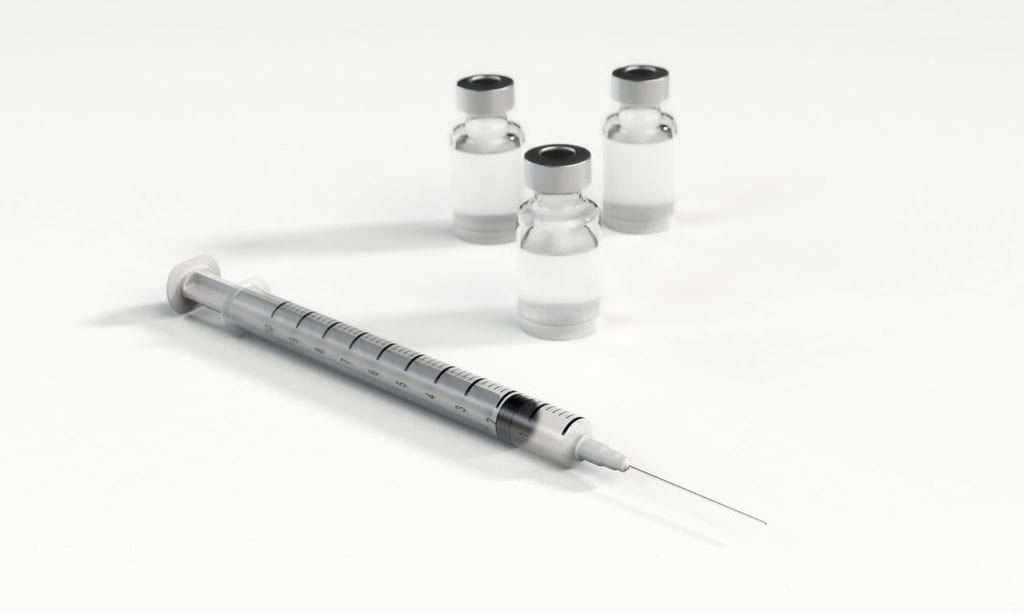According to a source article that can be found here on Ultragenyx’s website, the first patient has been dosed in a trial of an investigational gene therapy called DTX401 that is being studied for the treatment of GSDIa (glycogen storage disease type Ia). Following this, Ultragenyx Pharmaceutical Inc. is now expecting information from the first dose cohort of three patients to become available later on this year.
In addition, the US FDA has awarded the investigational gene therapy DTX401 Fast Track designation for treating GSDIa. This designation is meant to support and speed up the development and review of the drug. It does this through certain benefits, such as more interaction between the developers and the FDA review team.
About Glycogen Storage Disease Type Ia (GSDIa)
GSDIa is a type of glycogen storage disease type I, which is an inherited condition characterised by the sugar glycogen building up in cells in the body, which causes damage. According to the NIH, there are two types of glycogen storage disease type I: type a and type b.
In GSDIa (type a), glycogen and fat often build up in the liver and kidneys and patients can show a range of symptoms, including low blood sugar levels that can cause seizures.
About DTX401
DTX401 is an investigational AAV gene therapy that has been awarded Orphan Drug Designation by the US Food and Drug Administration and in Europe. Preclinical studies have shown that it can affect the activity of a certain enzyme (G6Pase-α), and decrease the levels of glycogen associated with the liver (hepatic glycogen levels), both of which have been linked to GSDIa.
The Clinical Trial
The clinical trial will be an open-label Phase 1/2 study that is dose-finding. It will be used to evaluate how safe and tolerable DTX401 is in adult patients with GSDIa, and its effects. Researchers will assess the therapy using biomarkers such as liver glycogen, uric acid, and lipids. The study may include up to three dosing cohorts of about three patients each. The decision whether or not to move on to the next cohort, which would be given a higher dose, will depend on a review of information about the therapy’s safety.







